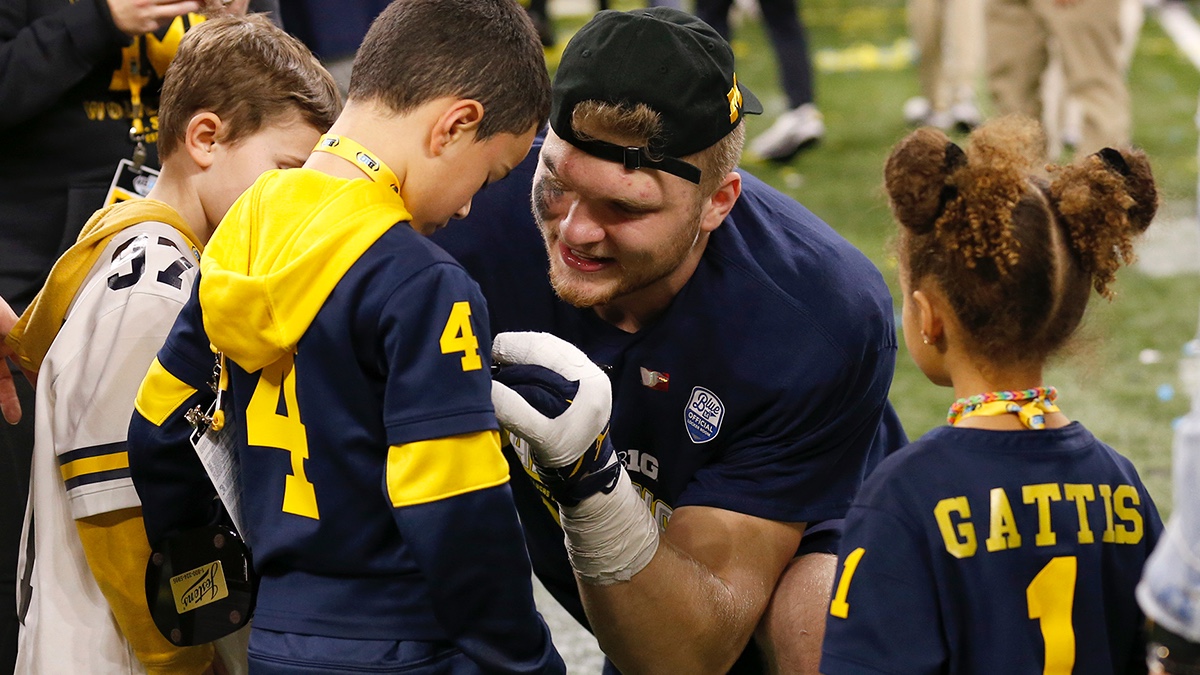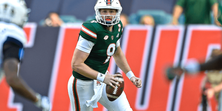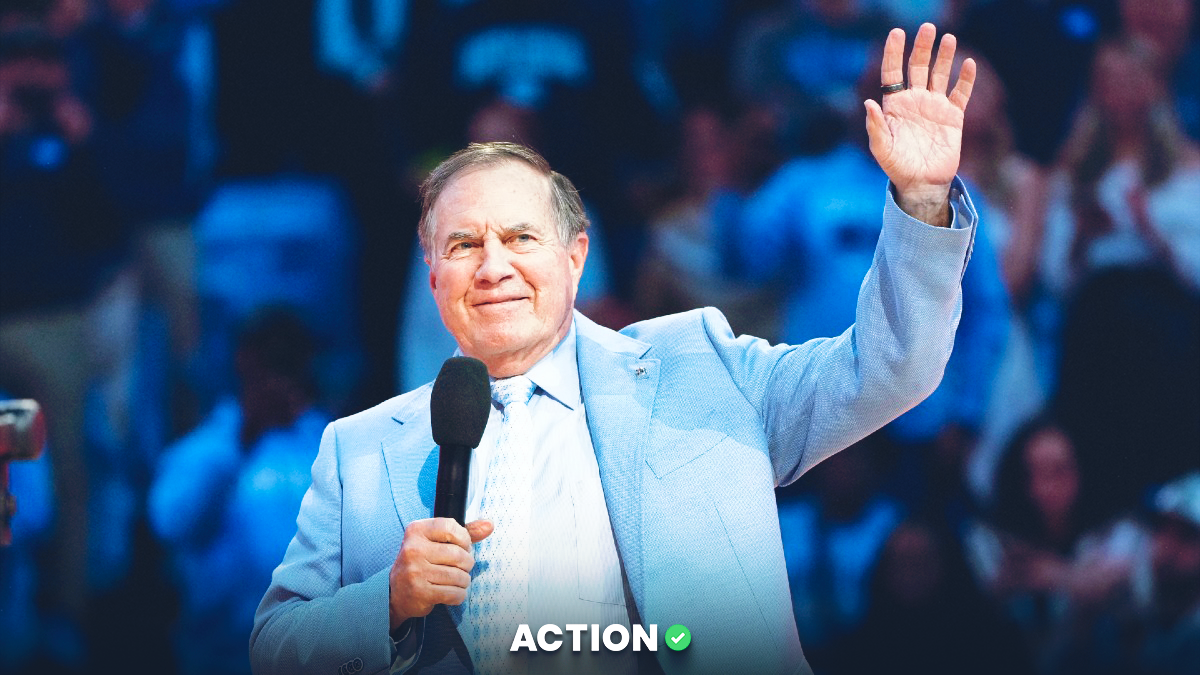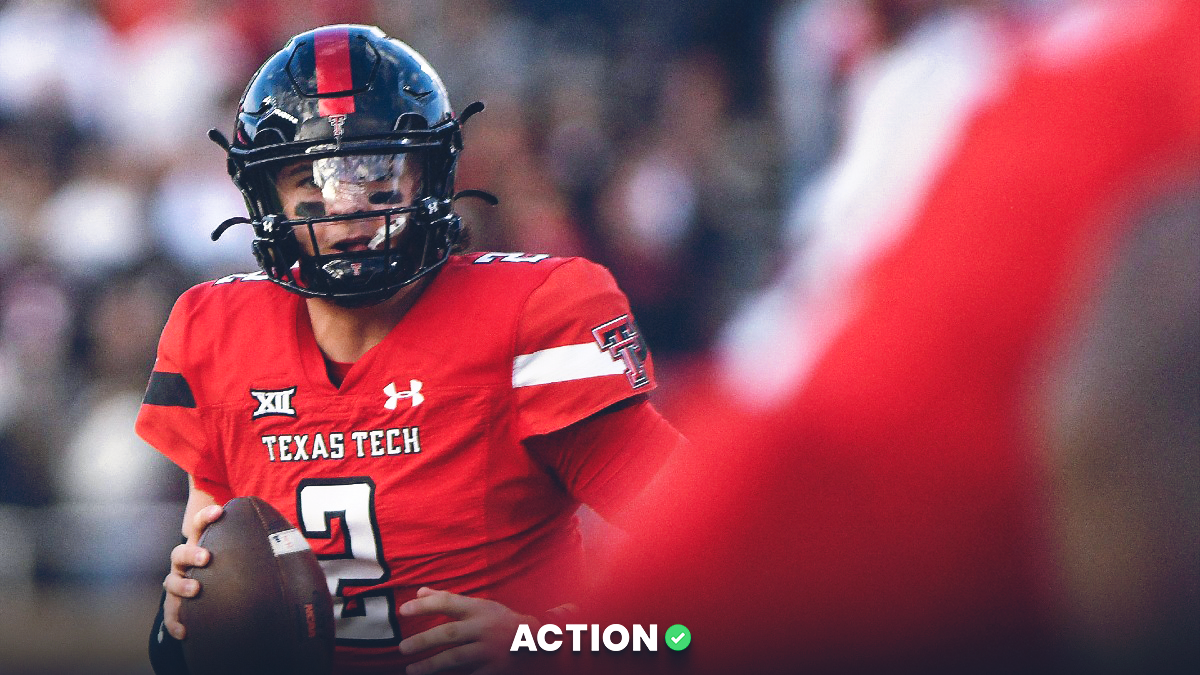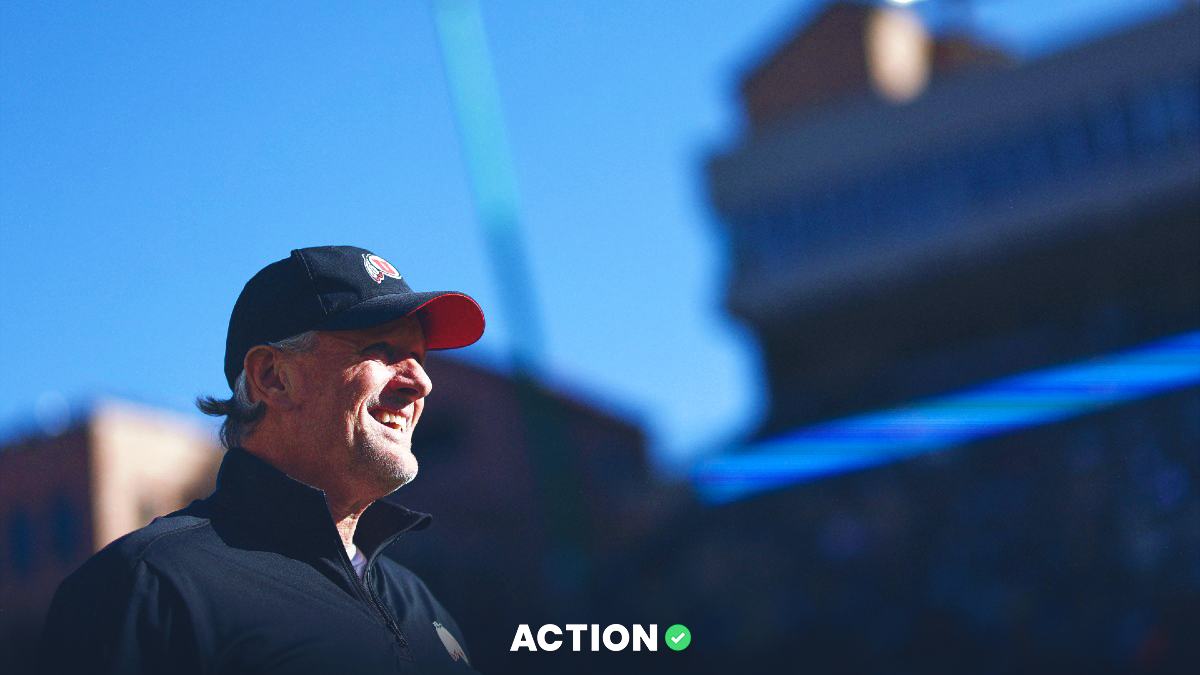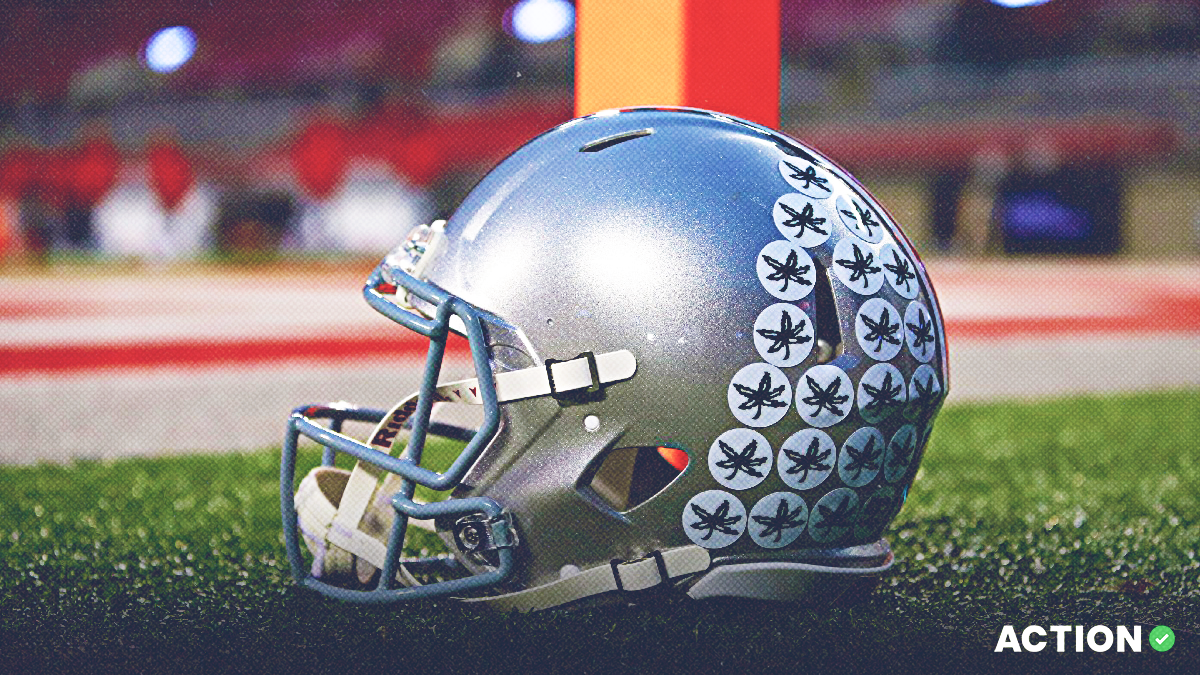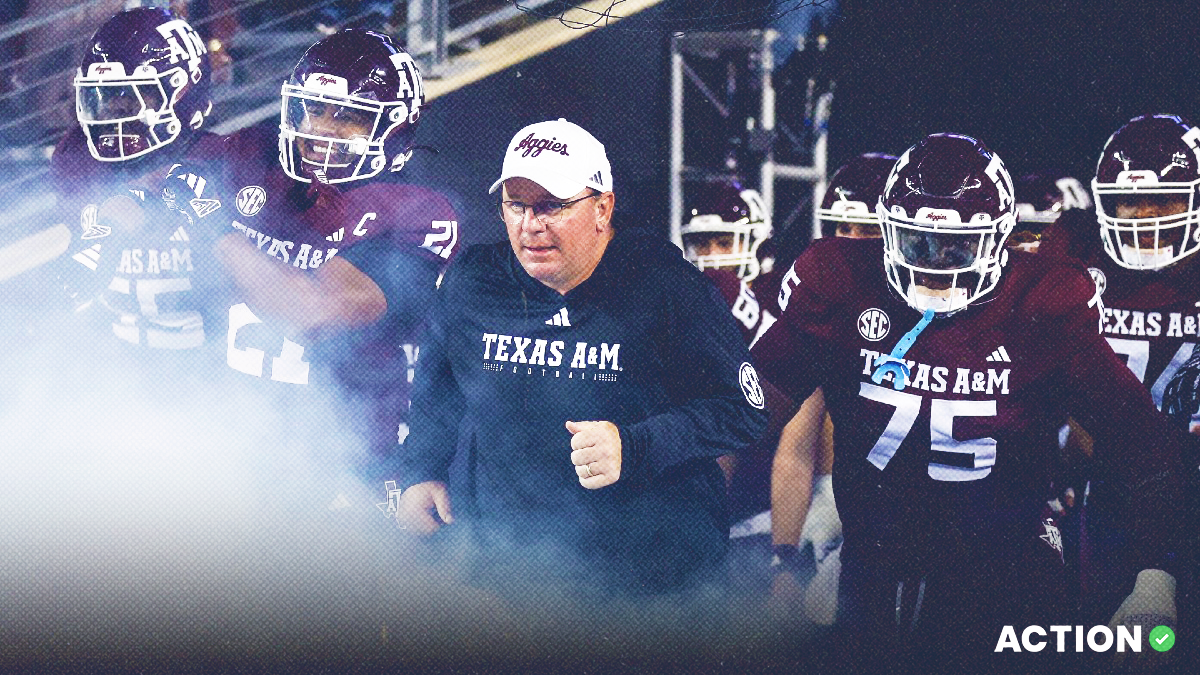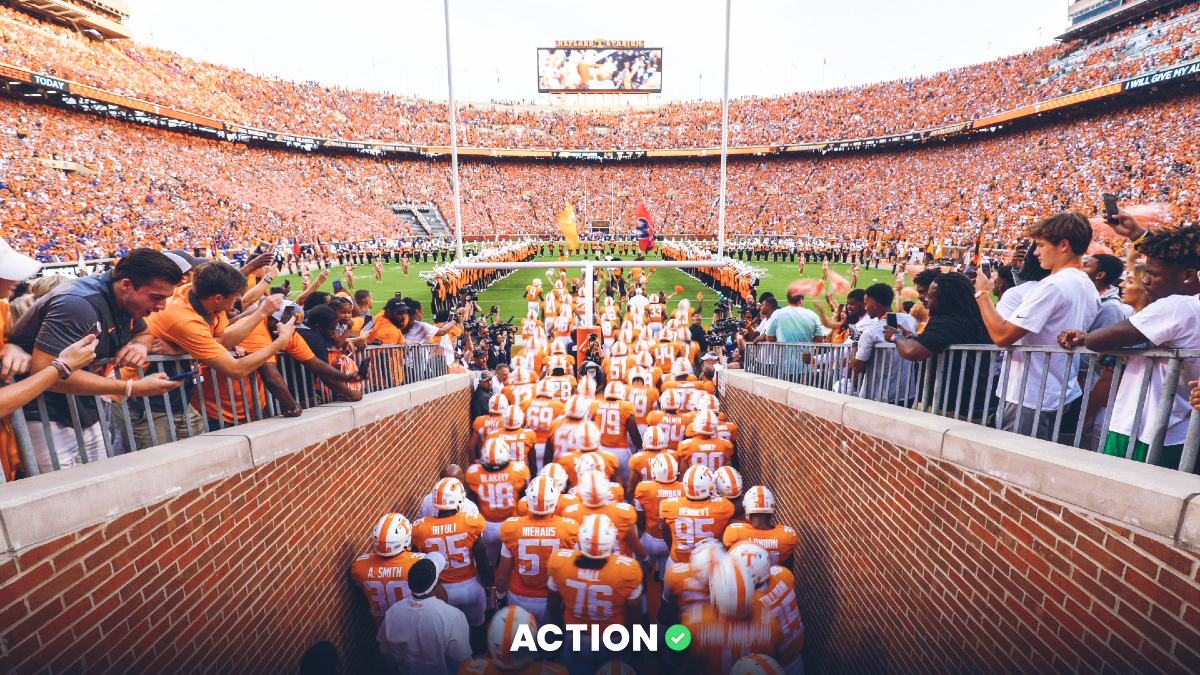Name, Image and Likeness became a reality last July, as state laws that allowed athletes to finally cash in on their marketing rights took things out of the NCAA's hands.
And while athletes have since cashed in on marketing deals and autograph signings, the two most talked about segments of the business that started the talk of athletes getting paid largely remained out of the mix: Jersey sales and video games.
The former received a huge boost on Thursday morning, as Fanatics, the largest licensed sports apparel retailer in the world, announced it was joining with OneTeam Partners, which would aggregate athlete names on college teams to mimic what the professional sports league unions have in a group licensing agreement.
"Broad-scale group rights for college athletes is the only pathway to bring this program forward," said Derek Eiler, executive vice president of Fanatics College, which has relationships with more than 150 colleges and universities. "Aligning with OneTeam was a critical step to develop a scalable and efficient college jersey program."
Fanatics promises they will offer school jerseys with their partner logos, including Nike, adidas and Under Armour before the 2022 college football season. Fanatics says that the offering will include just replica jerseys in the beginning, but that some select schools will have both home and away options.
The NCAA steered clear of paying athletes for their jersey sales through plausible deniability. They merely allowed the schools to offer the athlete's number on the back, while forbidding them to put the name.
There was no confusion.
Offering No. 15 when Carmelo Anthony was playing at Syracuse or Tim Tebow was playing at Florida greatly increased jersey sales because fans were buying those jerseys because they represented the actual players.
"I always thought college players should get paid for jersey sales," Anthony told me in April 2004 on the year anniversary of his Syracuse team winning the national title. "I would have been rich."
It is not known how much a college player will make off a jersey of his or hers sold. Michigan players started to get paid this season after the school's official retailer, MDen, struck deals with players through the Valiant brand, which aggregated the players rights. The players got paid at least 11% of the wholesale price of the jersey, which is more than what NFL players make off their jersey sales.


